
臺灣非營利專業書評媒體。Openbook編輯部將提供原生報導,文化觀察,人物採訪與國內外重大出版消息。 https://linktr.ee/openbooktaiwan
Anxiety about parenting caused by globalization: Lan Peijia vs. "But I Don't Like It" Wu Xiaole
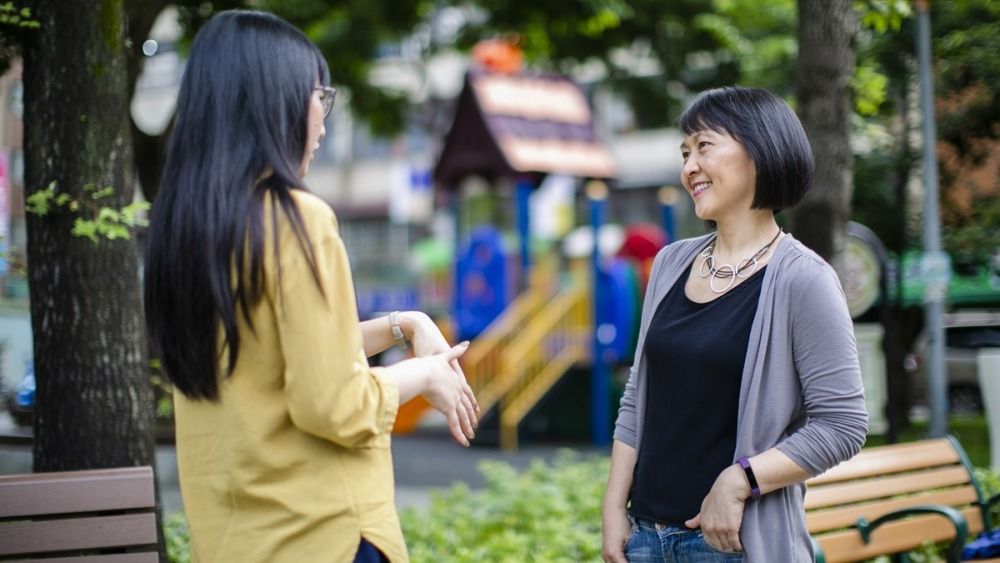
Author| Dong Boting (literary worker) Photography| Sang Shanxue
In the early summer afternoon, the air-conditioned room blocked the huge summer screen, and the two authors who were invited to meet by Openbook arrived one after another. As soon as they arrived at the scene, they were not sweating evenly, and they all expressed their expectations for this dialogue.
Wu Xiaole, a writer with long flowing hair and a student temperament, her new work "But I Don't Like It" starts from her own experience and combs through Taiwan's traditional upbringing values, how as the only daughter in the family conflicts and reconciliation with the previous generation process.
Lan Peijia, a distinguished professor of the Department of Sociology at National Taiwan University, with a pretty Bob short haircut, has long observed issues such as class mobility and parenting in Taiwan under globalization through the eyes of a sociologist. In her new work "Fighting Parenting", she uses a macro perspective to locate the parenting strategies adopted by parents who grew up in the era of Taiwan's "Fighting Economy" and the resulting parenting anxiety.
During the conversation, Wu Xiaole's eyes were shining and her tone was bright. She revealed that she had read Teacher Lan's "Fighting Education" three times beforehand, and her admiration was beyond words. Lan Peijia maintains the clarity and insight she has devoted to sociology for many years. After taking the case shared by Wu Xiaole, she can always jump out of the incident itself and sort out the context calmly and sharply.
The two authors wrote about parenting issues in Taiwan with literary brushstrokes and field reports respectively. During the two-hour two-way dialogue, various opinions clashed in the air, with no halftime (and reluctance to) take a break. The clues of knowledge are like the summer temperature, burning all the way to the end.
➤ The vicious circle of parenting anxiety
At the beginning of the conversation, Wu Xiaole and Lan Peijia focused on "parents' parenting anxiety" as the core of the discussion. Wu Xiaole took the lead in sharing her observation experience when she was a tutor in the past: "Although today's parents do not dare to beat and scold their children, they will hand over the expectation of this education to the teacher, and let the teacher bear the responsibility of beating and scolding." She found that although society It continues to evolve, but the anxiety of parents has not eased because of this. On the contrary, they think that they have not given enough, and worry about causing their children to lose at the starting point. Anxiety also arises because of this.
Lan Peijia then pointed out a phenomenon: "Now parents have more, but they are more troubled." For example, due to the development of social media, people are accustomed to exposing and sharing their personal life, which indirectly makes parenting methods more widely concerned. Anxiety about monitoring motherhood has intensified.

Wu Xiaole said that today's stay-at-home mothers are actually very lonely. When she read the "Pastoral Elementary School" mentioned in Lan Peijia's book, she realized that "there is a way to get a lot of support in a lonely place. "I can't help but recall that in the past, parents didn't seem to have such a lot of pressure when raising her?
"Probably because raising children in the past was done in a group for one person. I grew up on a street in Kaohsiung, and it probably only needed two adults to do things while staring at the children. Six or seven children play together, and they can be released. About five people are out to do other things. But now it's like being locked in a small cage." Wu Xiaole said. However, with the changes in parenting methods, if today's society continues to use the old-fashioned parenting, I am afraid they will be criticized and even scolded. The framework of parenting changes over time, requiring mothers to take responsibility for good planning.
Lan Peijia pointed out, "This has thus turned into a vicious circle - many mothers can't juggle motherhood and work, so they have to quit their jobs and focus on taking care of their children. But the burden of quitting will become great: some mothers think they have suffered very well. Therefore, they adopt a "more scientific" way to raise children, and even invest in the school system to intervene in the education of more teachers. After they have paid so much, if the child fails to achieve the expected goal, she will feel more psychological pressure. Or other people's expectations for her have failed, and it is not easy to jump out of that cycle."
Wu Xiaole recalled that when he was writing "High-Class Children", he found that many people really expected highly educated mothers, and the children they educated must be extraordinary. "Mothers also monitor each other. I thought mothers would cheer each other up, but that's not the case. There is a standard behind them, and they think which mothers are not devoted enough to educate themselves and love themselves more than their children. But this is actually very unhealthy, There will be a lot of hatred. Some mothers feel that they are sacrificed for upbringing, so they take themselves as role models, and even laugh at other mothers who leave their children to babysitters or servants.”
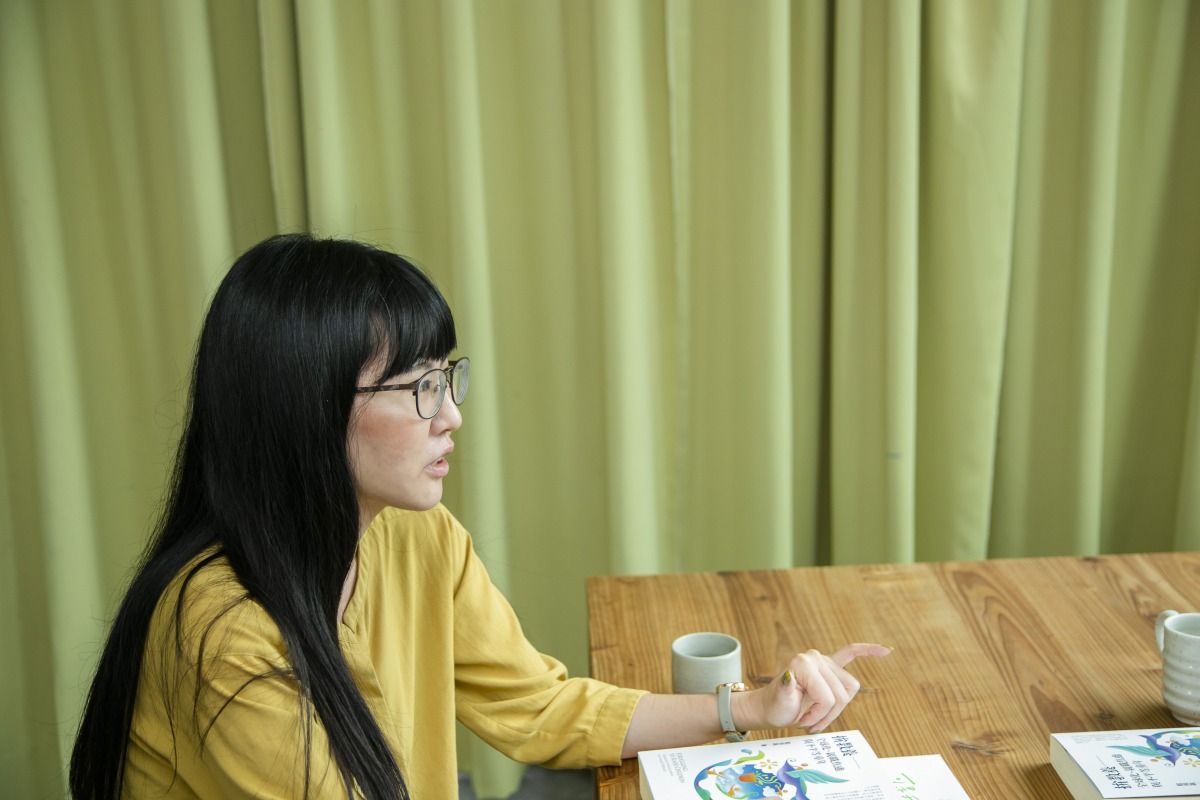
➤Educational trauma and security strategies
In "Fighting Parenting", Lan Peijia mentioned the "security strategy" of parenting, that is, parents try to ensure the safety of the next generation through educational arrangements or parenting methods. This strategy not only protects the child's current personal safety and healthy growth, but also hopes to protect the child's future economic security.
Due to social and industrial changes, higher labor market remuneration for higher education, and increasingly unequal distribution of economic and educational opportunities, parents are investing more resources and efforts in the education of the next generation. Lan Peijia pointed out that the "security strategy" is very personal and personal, "so now people and people, children and children, parents and parents (especially between mothers and mothers) have become a kind of comparison. relationship, not a relationship of assistance.”
Wu Xiaole very much agrees with the statement of "security strategy": "It is really a strategy, but even if there is a strategy, there will still be many unexpected results. One of the results is that mothers will hurt each other, which I cannot understand."
However, are mothers doomed to hurt each other? Lan Peijia once again used the example of "Pastoral Elementary School" to put forward another observation: "Because their competition is not so intense, there are more mutual support networks between mothers. Motherhood itself is a source of pressure, but it can also It is a foundation for building strength. I think there are also such examples in public elementary schools. For example, many mothers form an organization to improve parks and recreational equipment, which is a very positive example: I not only want my children to play well, I'm here to promote the improvement of public toys."
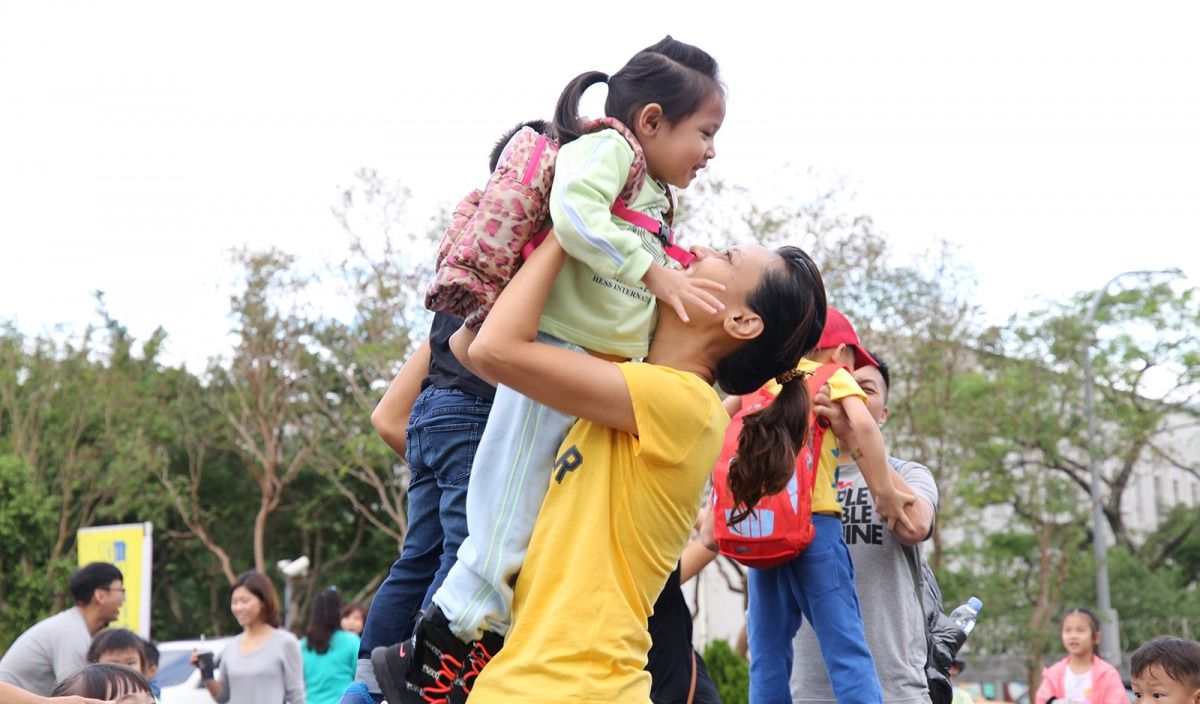
➤ I am also a fat dog: Unexpected results and soft authority under patriarchal parenting
In addition to the above-mentioned anxiety, the Eastern traditional parenting also has a conceptual obstacle, that is, "preference of sons to daughters".
Wu Xiaole mentioned the word "fat dog" in "But I Don't Like It", referring to the fact that in traditional upbringing, parents invest abundant tangible and intangible resources on boys, so boys' development is a natural thing, even Expect boys to be more ambitious and ambitious. If these crowns are worn on women, they will attract hidden eyes and accusations that "you shouldn't be so prominent", "pigs are not fat, but dogs are fat."
Lan Peijia was also deeply touched and realized by this. She said: "I am also a 'fat dog' in my family. We have 4 sisters and a younger brother. I am the fourth and my younger brother is 3 years younger. My father is the only son in their family and the only lifeline. When I came to Taiwan, my mother always wanted to give birth to a son, and after giving birth to my brother, she took care of him wholeheartedly, so she paid all her attention to him, and didn't pay much attention to me since she was a child."
Mother Lan is very protective of this young son, because she thinks that he is going to pass on incense, and therefore overprotective. Lan Peijia said: "But I also want to prove that I am the 'pig' and I am not a 'dog', so I work very hard and my homework is very good."
Another unexpected result happened to my younger brother, "One day I saw his childhood diary on the public bookshelf. He felt that his parents were too restrictive, and he felt that his sister's grades were too good, which was a big shadow, so He was very unhappy. I was very surprised when I saw it. When I was a child, I felt that I was ignored, and he had a lot of resources and expectations. I didn’t expect him to be so unhappy, so I sympathized with his suffering later.”
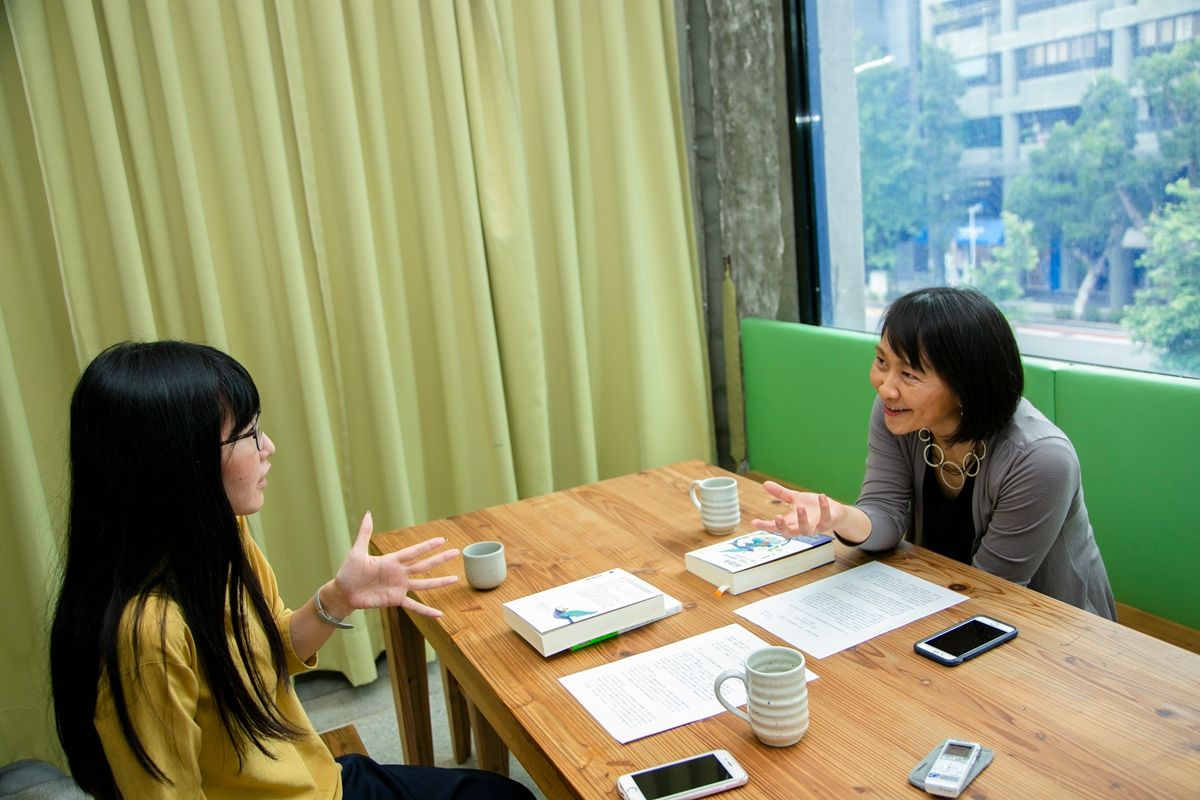
Wu Xiaole said that she also likes the term "soft authority" mentioned in Lan Peijia's new book. "Children will think that their parents love me very much, but this is also a kind of authority, right? Although it is not a strong control, it is actually a kind of authority."
She also pointed out that many mothers have a lot of insecurities in their hearts, just because of their past upbringing experience, they consciously think that they can't use yelling and choose another way to speak. But the sense of insecurity has not been eliminated, so control children to protect their sense of security.
Wu Xiaole said frankly that he has always envied his parents for being friends of the middle class, because they will help their children plan the future and feel that their children are loved. Unexpectedly, as she grew older, more and more friends envy her in turn. "I was like: Oh my God! How can you envy me? I wish my parents were as involved in your activities as your parents were. But they said, do you know how terrifying this kind of meticulous love is? What a mistake it is for you to not live a full life under this kind of care!"
Lan Peijia also observed that many parents, because they did not like the way they were treated in the past, waited until they became parents and raised their children in another way. However, this attempt to break up often ends up being "overcompensating."
Because the new parenting method is not available before, it will become very uncompromising. Driven by excessive anxiety, modern parents can instead make parenting unnatural, dogmatic, and damaging to children. And because he wants to break with the parenting style of the elders, Taiwan still generally relies on the elders to provide parenting assistance, which also leads to many conflicts in daily life, and finally turns into a huge burden for the mother.
In this regard, Lan Peijia suggested: "I think compromise is a good thing, and I hope my parents can compromise a little more. You have to see your limitations, see the actual limitations of your life, and do what your own conditions allow. , don't believe what the parenting experts say."
➤ Anxiety Solutions: Flipping a Single Definition of Success
Wu Xiaole's works have always dealt with case-type discussions, and the new work "But I Don't Like It" starts from itself, reflects on the interaction between higher education and parenting education structure, and finds commonalities. In contrast, Lan Peijia, who has been studying parenting issues for a long time, has always analyzed how Taiwan's parenting education has been affected by the wave of globalization from a sociological perspective, and positioned the problem from a higher perspective.
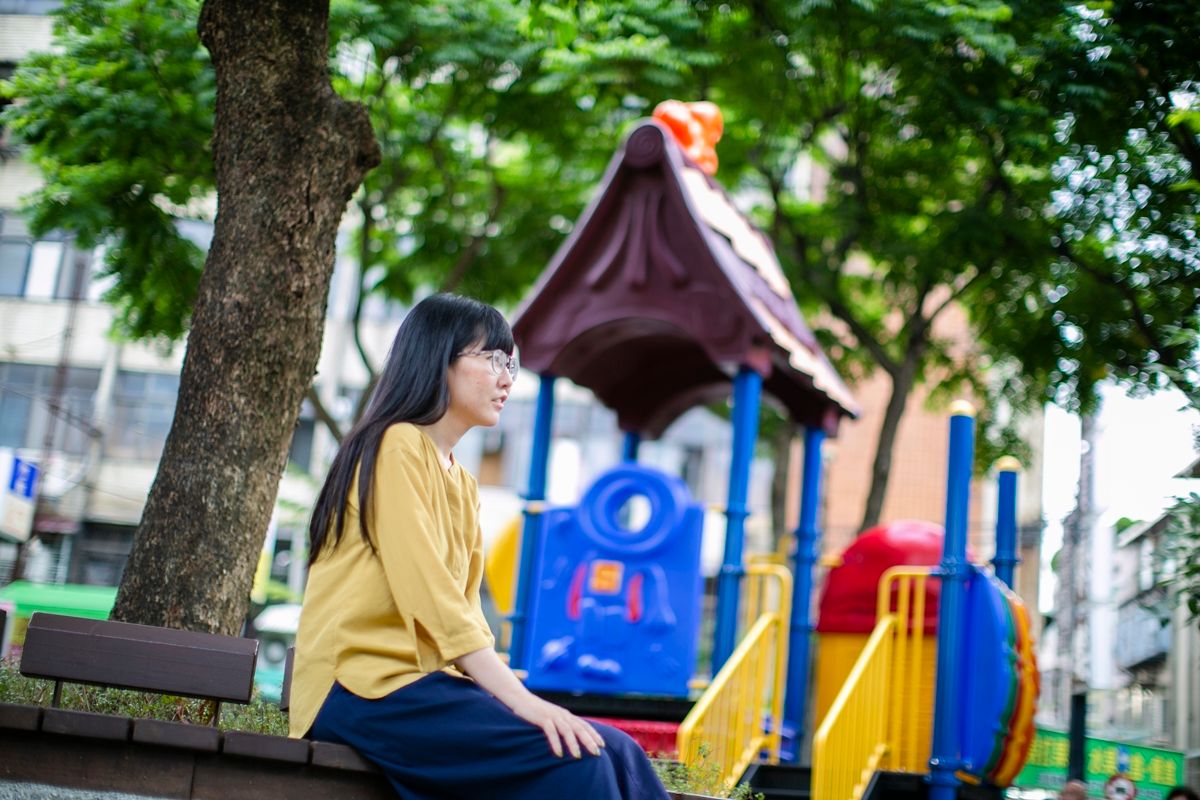
In the conversation, Wu Xiaole mentioned that he was deeply moved when he read the passage in Lan Peijia's new book that mentioned "first-generation college students".
"I often tell my friends that, like our first-generation blue-collar college students, playing a very tiring role in the family, we often feel hesitant. It wasn't until the moment I read "Fighting Education" that I felt like I was affirmed. Knowing that I have achieved certain breakthroughs, and these breakthroughs are also gifts from my parents.”
Wu Xiaole said, "They didn't raise me with traditional beatings and authority. Instead, they were more middle-class and would try to reason with me. There has always been a big scar between me and my mother, that is, I scolded her. I have a very low education and feel that she makes me so lonely. After writing "But I Don't Like It", we reconciled more than half, and it was not until I saw "Fighting Education" that I finally felt that I really understood. My mother and I It’s all hard work, and we all try to find a way to give good things from very limited resources.”
In the face of Wu Xiaole's confession, Lan Peijia expresses his envy for the literati. She appreciates the flexible space Wu Xiaole has when writing, "Between fiction and non-fiction, you can move freely. Non-fiction writing must have data and evidence, so I envy the freedom of literature."
Lan Peijia analyzed the difference in the writing context of the two: "Xiao Le's writing is more like a flower and a world. Through a case, fictional imagination, and combining it, the texture of the case can be pieced together. 》 is like a map to locate cases. Everyone lives as a case, and we all understand others from our own experience. The fate of each other is actually related. Sometimes your success causes others to fail. I hope I can find a way to collectively benefit children from different ranks or different societies.”
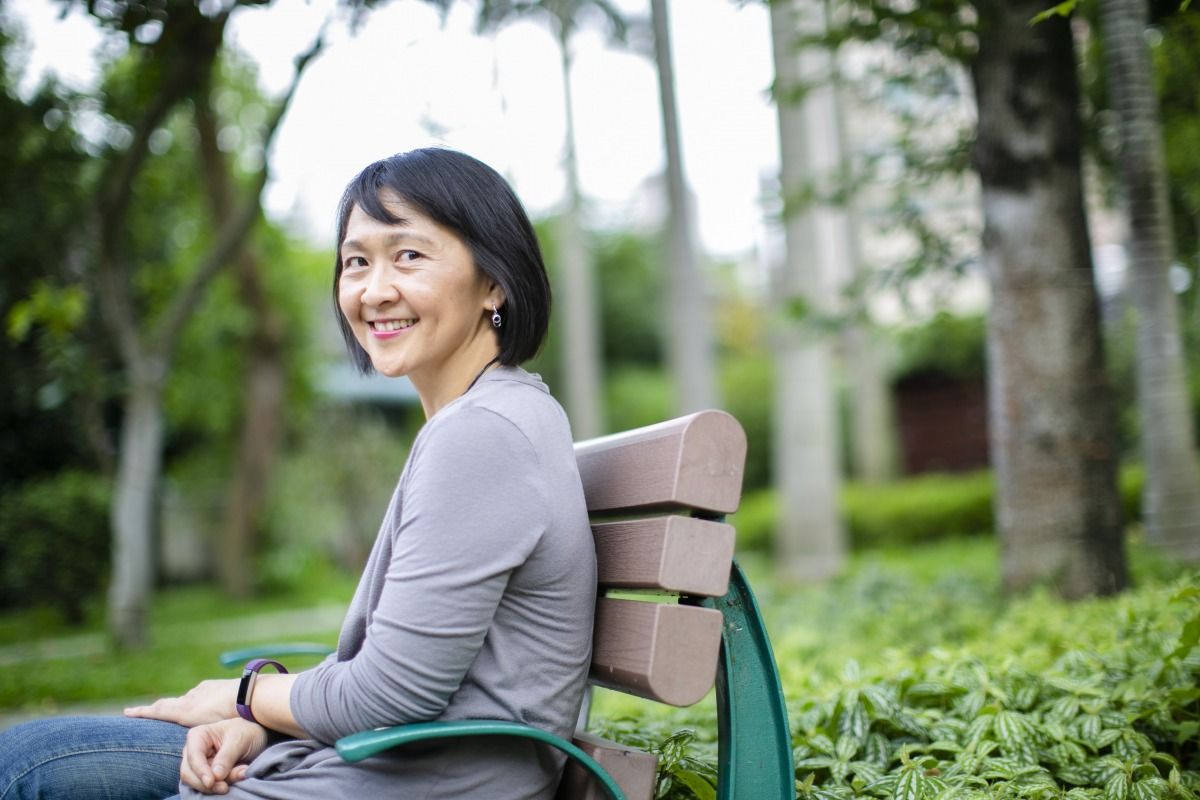
Wu Xiaole went on to recall that a friend who grew up in a blue-collar family and studied sociology asked her, "Do you think our success has crowded out those who can't read?" This question deeply touched her. There are also no resources, just because their achievements just fit the part of Taiwanese education that emphasizes intellectual education, which may make children in blue-collar families scolded by their parents: You can see that they also have no resources, and they can study at National Taiwan University. what to do?
"I can earn a space for mainstream values, and invisibly crowd out other people's space, so I remind myself: it just happens that the design of this society is biased towards us, so that we can smoothly flow in this direction." Wu Xiaole Face your position with humility.
The flow of classes itself still has rules of competition and exclusivity, as well as more difficult propositions. However, Lan Peijia lightly reminded that we should try to break this limitation and let the definition of success have multiple faces:
"Can we change the definition of success? Do you have to go to National Taiwan University to be successful? Some children just don't know how to study, but they may know a lot of things that we don't. Maybe he is good at repairing water and electricity, maybe he has Other talents. Because of this division of labor, society and family can achieve balance and mutual benefit, so we should challenge the single definition of success in the whole society.”● ( Original first published on 2019-06-19 OPENBOOK official website)
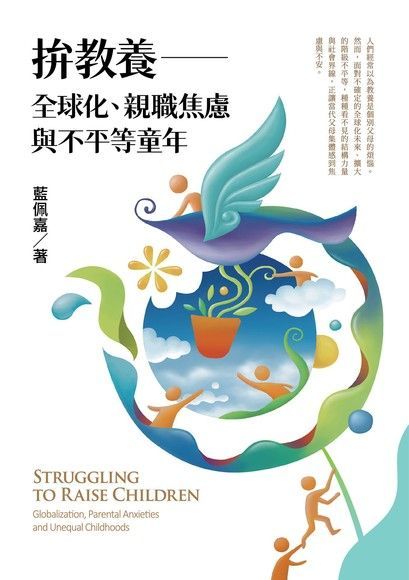
Fighting Parenting: Globalization, Parenting Anxiety, and Unequal Childhood
Struggling to Raise Children: Globalization, Parental Anxieties and Unequal Childhoods
Author: Lan Peijia Publisher: Spring Hill Publishing
About the Author:
Lan Peijia <br class="smart">Distinguished Professor of the Department of Sociology at National Taiwan University and Director of the Center for Comparative Asian Social Studies. Her research interests include gender, family, international migration and social inequality. The first book Global Cinderellas: Migrant Domestics and Newly Rich Employers in Taiwan and its rewritten "Transnational Cinderellas: When Southeast Asian Helpers Meet Taiwan's Newly Rich Employers", won the American Sociological Association, Taipei International Book Fair, Open Book of the Year, Golden Tripod Award and many other domestic and foreign awards. The second book, Raising Global Families: Parenting, Immigration, and Class in Taiwan and the US, published by Stanford University in 2018, compares Taiwanese families with American immigrants, how to develop different parenting strategies in response to the challenges of globalization and immigration.
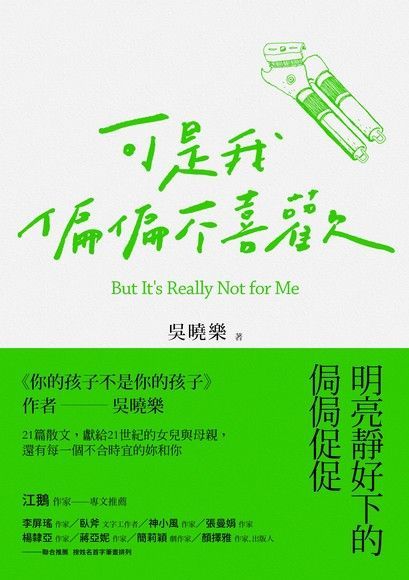
But I just don't like <br class="smart">Author: Wu Xiaole Illustrator: He Xueyi Publishing: Internet and Book Publishing
About the Author:
Wu Xiaole <br class="smart"> lives in Taichung. I love parrots, and I look forward to the child next door to become a great musician day and night, because there is a limit to human endurance. Author of "Your Child is Not Your Child" and "Higher Children", the former has been adapted into a TV series.
About the artist:
He Xueyi <br class="smart">A good neighbor who sometimes throws dust from the balcony, but doesn't play guitar in the middle of the night.
Facebook : Public Child
Like my work?
Don't forget to support or like, so I know you are with me..
Comment…